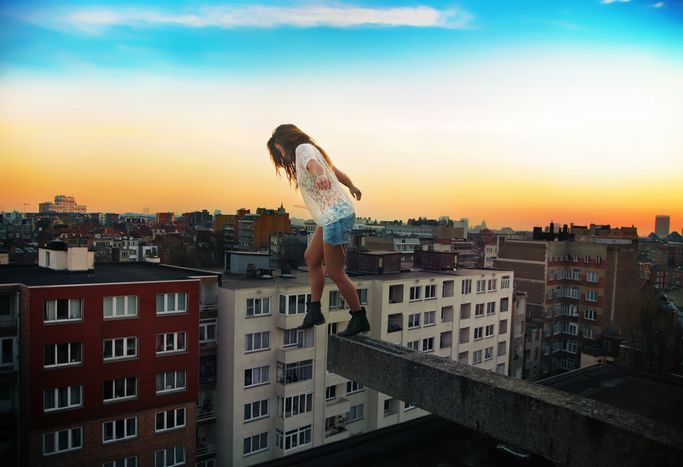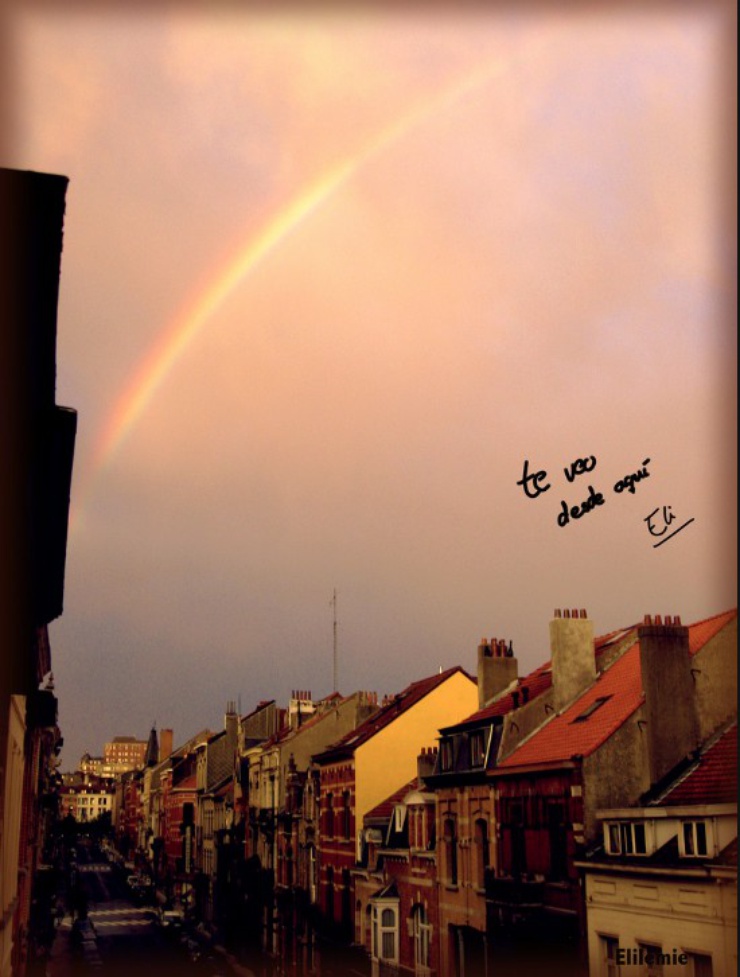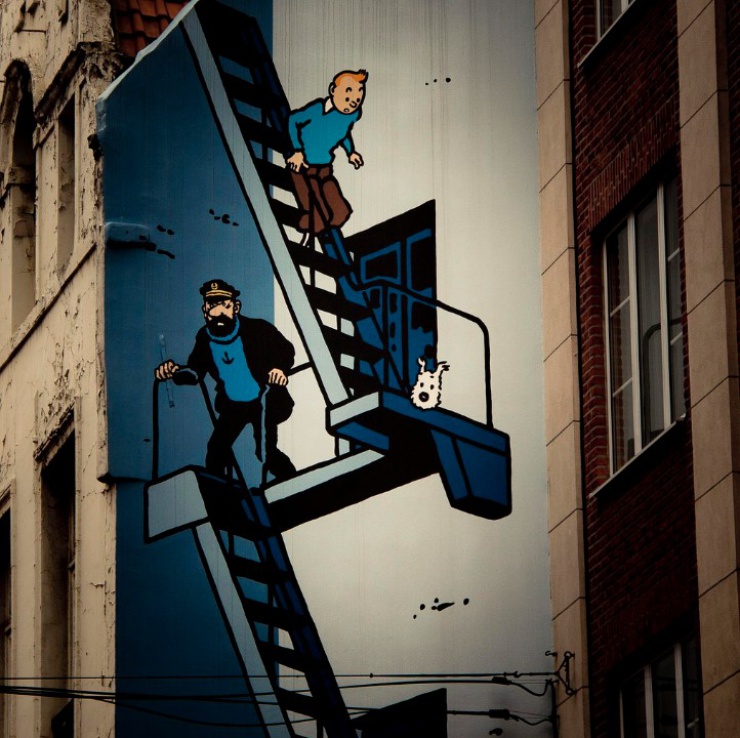
Brussels, Balkans, same difference
Published on
Translation by:
 hundnz
hundnz
Sometimes Brussels reminds me of Croatia. Not the European quarter, which streams into the world via the media and defines the image of the Belgian capital, nor the intricate political situation, the constant conflicts between two ethnic groups and the fact that Belgium recently took the world record for time without a governmen, says Patricia Fridrich
Brussels reminds me of the Balkans. Not the political Brussels, but the Brussels that I live in. Its streets that are full of holes or sometimes arbitrarily newly plastered, its somewhat run-down looking building facades that are decorated by ornamentations, its old and often unreliable trams, the dented cars... Then there are the people who enjoy spending their time the most in one of the numerous nicely decorated cafes and restaurants. This relaxed attitude of Brussels residents is something I admire. They will queue for hours at the post office, will wait patiently in the hospital and never ask each other in irritation when the tram will start moving again.
In principle you’re in Brussels
The residents of Brussels are people who do know that there are rules, but also believe that a deviation of the rules is possible nevertheless. 'In principle, yes, but... ' is a standard answer to the question whether this or that is necessary. Does my seven year old son need a ticket, if he rides on public transport? 'En principe oui mais...' This attitude is analogous to the one that my Croatian relatives express with 'Nema problema' – a cliché that Belgians also use with relish. Their main concern is that no difficulties crop up: 'Pas de souci', no problem, they say with a soft smile.

In Brussels people greet each other with a little kiss, not just fleetingly on the left and right cheeks, but heartily on just one side. I don’t know whether this is the reason why I like the people here so much. But they seem so familiar to me. The Croatian relatives I mentioned above are also amazed that so many things seem familiar to them here too. They are about the only people who I can motivate to eat the national dish of moules frites (mussels and chips) with enthusiasm – even if they assure me afterwards that blue mussels taste better by the Adriatic.
Belgium by the Adriatic
So sometimes Belgium reminds me of Croatia. Not just because of blue mussels, but also because of the size of the country and its surprising diversity. There’s the sea (even if it is not as beautiful as the Adriatic) and there is a mountain range. The cities display numerous architectural treasures from the days of foreign conquests – Dubrovnik, Split and Pula in Croatia – Antwerp, Bruges and Gent in Belgium. Both Brussels and Zagreb were once Habsburg capitals – although at different times and with differing importance.

Just as I always had to explain why there is no such thing as 'Yugoslavian', I will now explain why there is no such language called Flemish or Walloon (fortunately I am rarely asked about 'Belgian'), but just simply 'Dutch' and 'French', each with its own regional Flemish or Walloon peculiarities. Small countries need a big lobby – this is the case for the Balkans as well as for Belgium. Take publishing for an example. While French publications are known and purchased abroad, and literary prizes guarantee high numbers of sales outside France itself, of Belgium’s exports only pralines, beer and chips are well known. The last of these is known in America under the erroneous name of French fries. Apart from Walt Disney’s figures, most comic heroes from our childhood were born in Belgium: Tintin, the Smurfs, the Marsupilami. But who could instantly name any Belgian authors?
Literary and cultural greats
Like Amélie Nothomb, for example. Readers usually know that she grew up in Japan – but do they see her as a Belgian author? Her books are published by a large French publisher. The fact that nineteenth century French poets Paul Verlaine and Arthur Rimbaud were once a couple, is well known – but not the fact that the jealousy scene, in which Verlaine hurt Rimbaud with a revolver, took place near Brussels’ Grand Place. Victor Hugo lived in exile here, as did Karl Marx, who wrote his Communist Manifesto in the street I’m living in now.
Victor Hugo lived in exile here, as did Karl Marx, who wrote his Communist Manifesto in the street I’m living in now
It shouldn’t be a surprise either that Belgium is a country of the great surreal painters. René Magritte and Paul Delvaux understood perfectly about how to make the improbable become probable. As Magritte said: 'The word ‘dream’ is often erroneously used to describe my painting. My works do not belong to the world of dreams, on the contrary...they’re not dreams that lull you to sleep, they’re dreams that should wake you up.' Jacques Brel – also 'Frenchified' in his perception – coined another quotation which is often referred to here in Brussels. 'J’aime les Belges' - 'I love Belgians'. In this fashion I have also developed a great love for this little country. It has become a home for me, a third home alongside Germany and Croatia. That’s why I’ll even be happy if someone, inspired by politicians’ decisions, takes my right of way in one of Brussel’s chaotic roundabout systems –whether the person is Italian, Greek, Spanish, French or even someone from the 'Balkans'.
Images: main (cc)David Olkarny Photography; in-text street (cc) Elilemie; Tintin mural (cc)Gilderic Photography/ all courtesy of flickr
Translated from Wie auf dem Balkan - aber unter dir Brüssel


